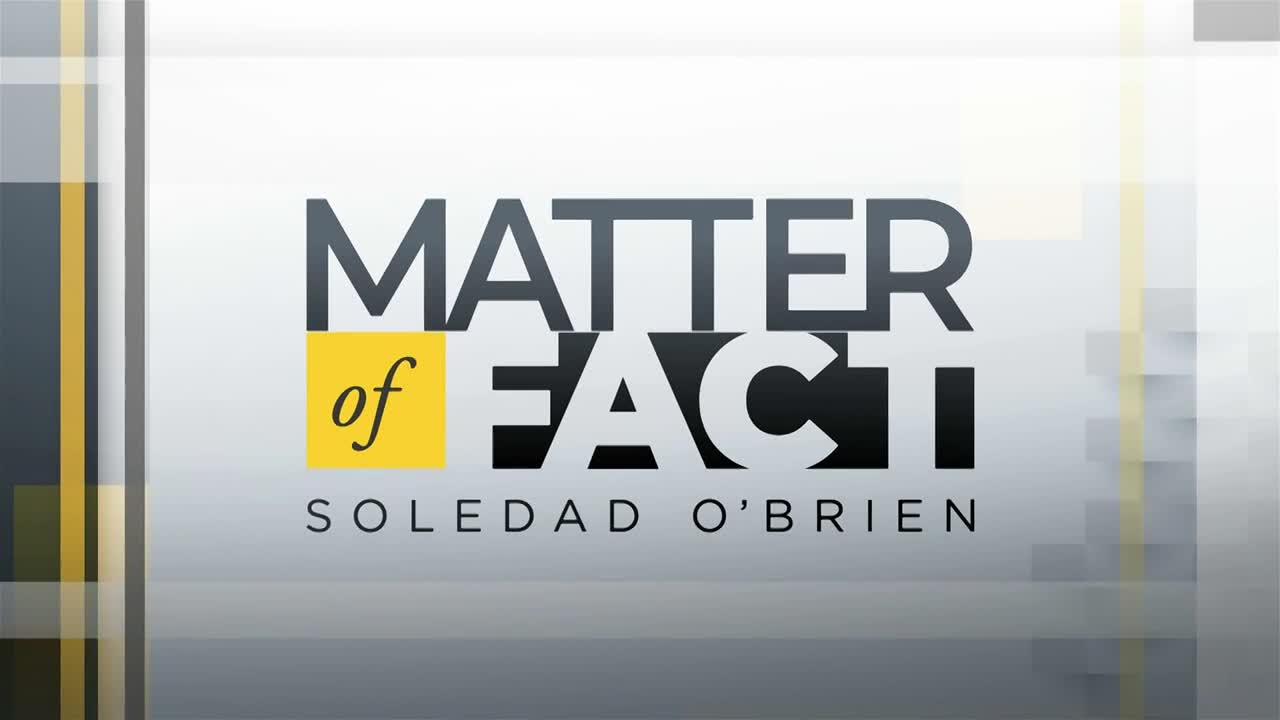
This week on Matter of Fact, we look at the emerging worker shortage. A small grocery store chain owner shares his struggle to rebuild his business. And we get a perspective from labor economist Valerie Wilson about what this could mean for the workforce of the future. Plus, what happens when the justice system gets it wrong? Soledad talks to Jason Flom. He’s a founding board member of The Innocence Project and host of the podcast, “Wrongful Conviction.” And, we show you a young two-spirit couple in Nevada is redefining cultural norms in their Native American community.
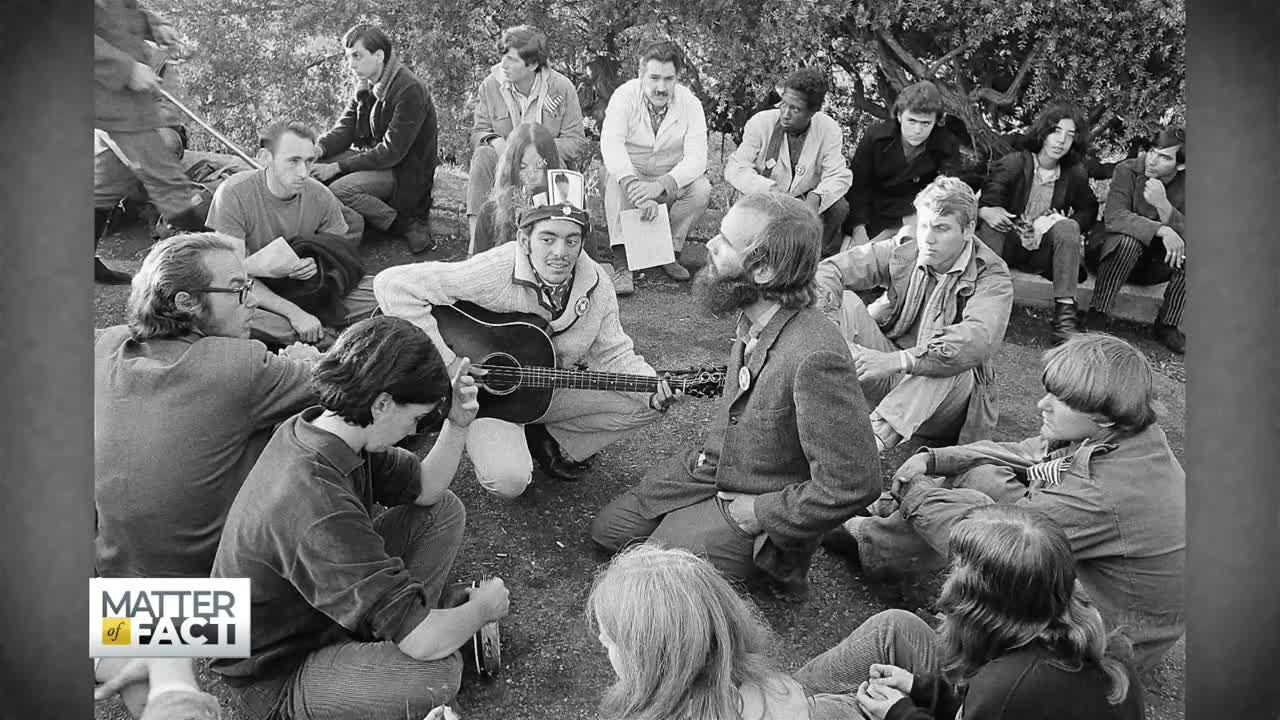
A younger, more diverse generation is transforming American life and it’s not the first time. The 1960’s, a decade of protest movements, changed society in profound ways. Soon after, the generational conflicts caused by the transition played out on both big and small screens. In the 1970’s, Americans tuned in to Archie Bunker’s weekly tirades against the changing world on “All in the Family.” They made “MASH,” a dramatic comedy about the Korean War, into one of the biggest TV hits. They also welcomed the debut of “Sanford and Son” and “The Jeffersons.” Journalist and CNN analyst Ron Brownstein covers it all in his book, “Rock Me on the Water: 1974 – The Year Los Angeles Transformed Movies, Music, Television, and Politics.”
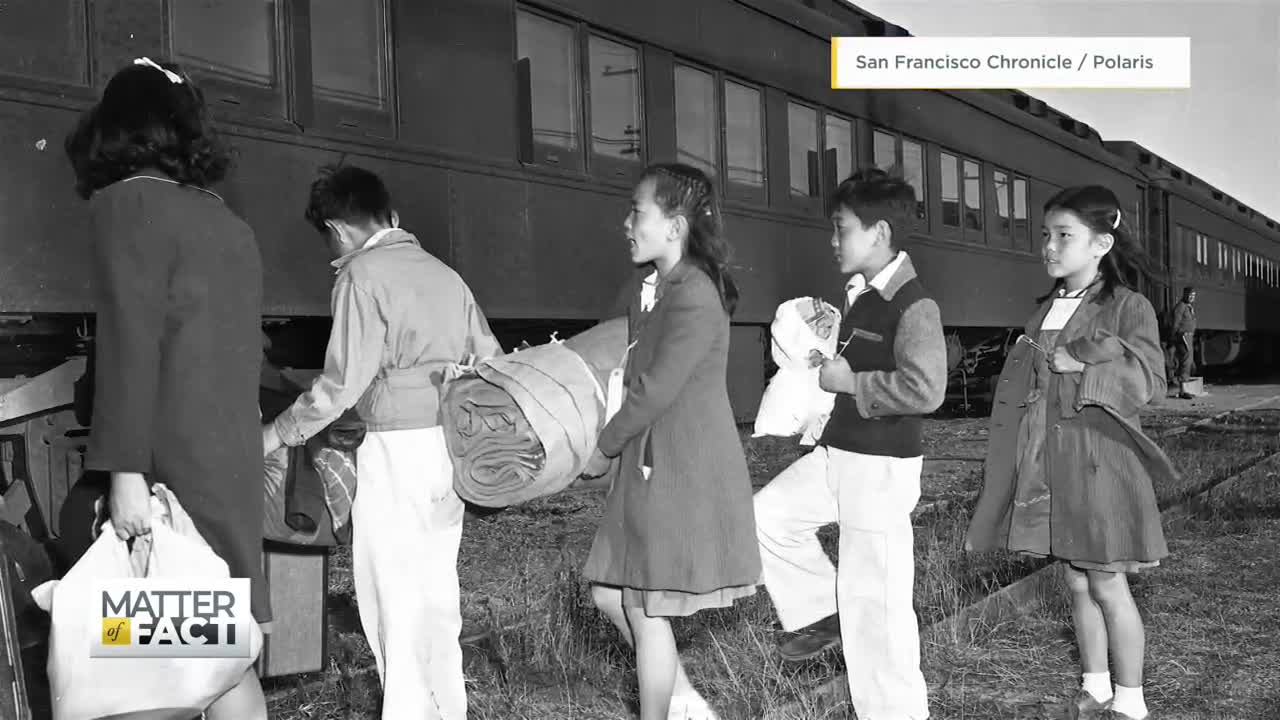
In the first quarter of 2021, reports of crimes against Asian Americans and Pacific islanders are up 164% compared to last year. Often, the victims are seen as “foreigners,” who are somehow less American than others. Our history is marked by moments when “who belongs” was challenged. During WWII, 23-year-old Californian Fred Korematsu refused to get on a bus. He was defying a presidential order that allowed Japanese Americans to be placed in jail or detention, as part of wartime internment. His daughter Karen Korematsu tells his story.
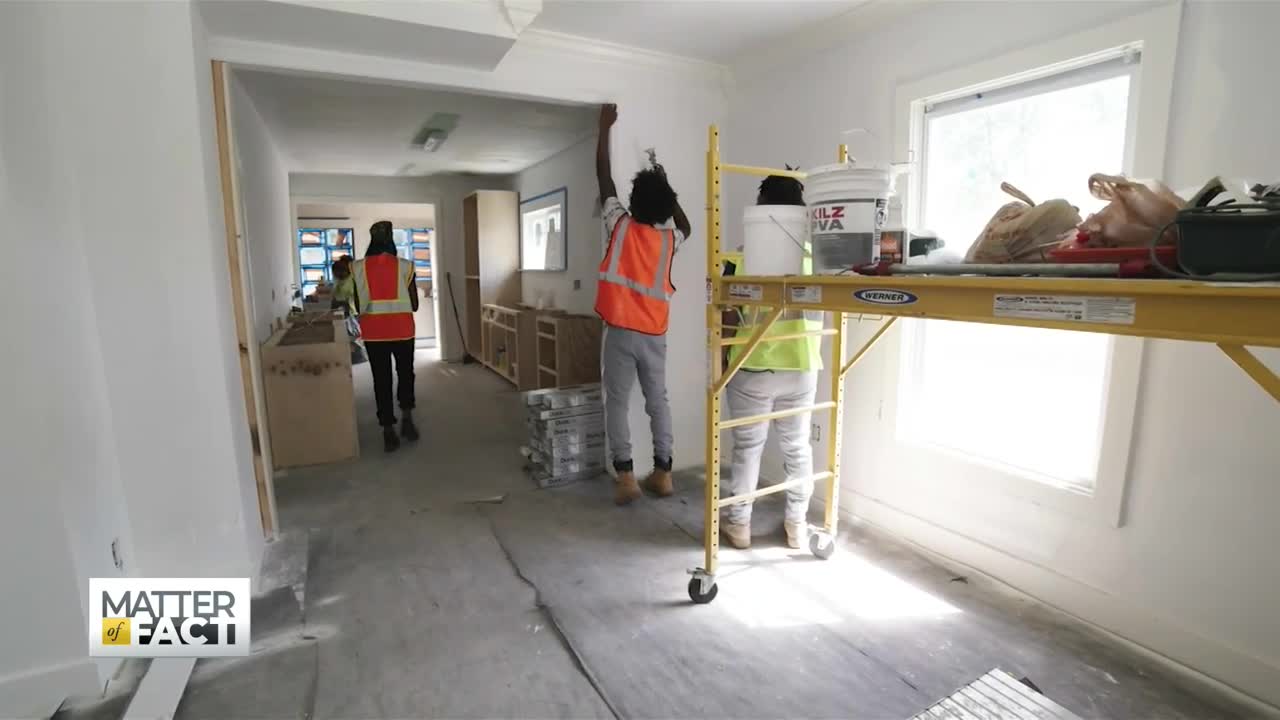
Multiple studies have shown that where someone grows up can determine the success they have for the rest of their life. In Alabama, a first-of-its-kind private school is looking to lift up students who come from zip codes defined by struggle. The school is called “Build UP.” It’s built on a radical idea that pays students to go to class and places them in after school jobs to learn construction trades, while fixing up their own neighborhood. And perhaps the biggest incentive, students have a chance at home ownership if they succeed in school. Correspondent Jessica Gomez takes us to Ensley, a neighborhood in Birmingham, to see the idea at work.

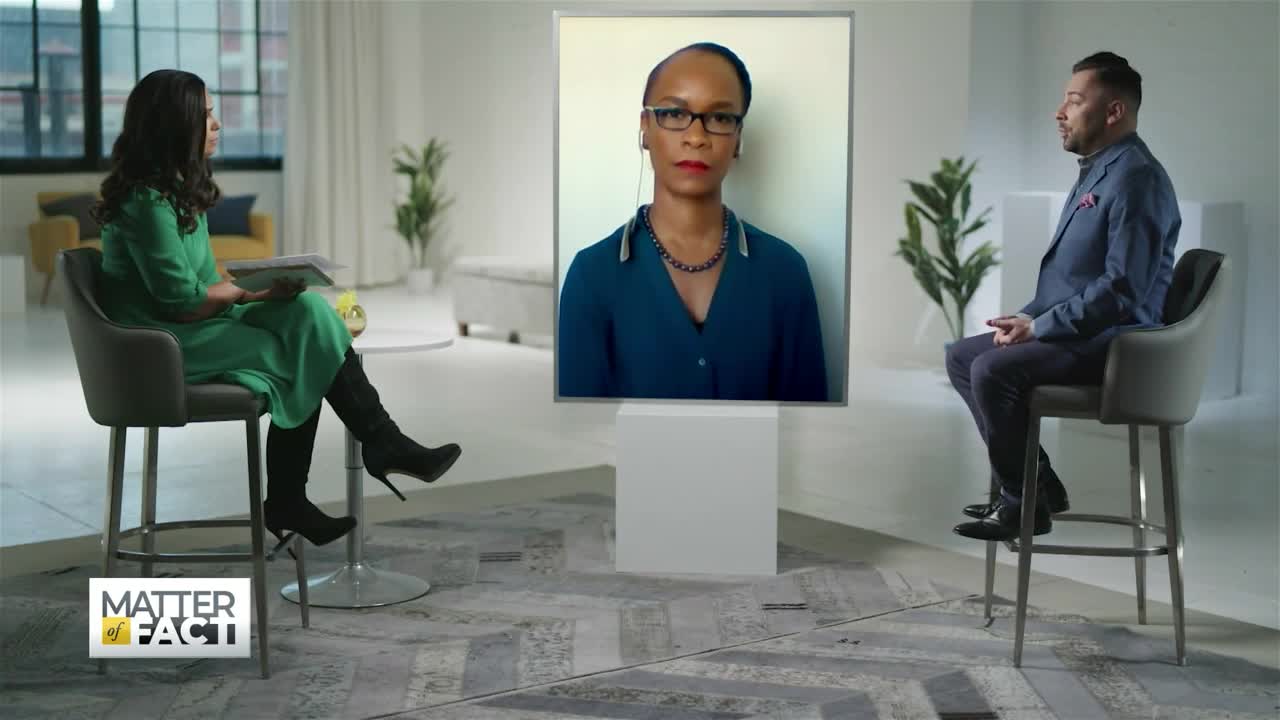
Valerie Wilson is with the Economic Policy Institute’s Program on Race, Ethnicity and the Economy. Edgar Villanueva is an enrolled member of the Lumbee Tribe of North Carolina and author of “Decolonizing Wealth: Indigenous Wisdom to Heal Divides and Restore Balance.” Soledad O’Brien sits down with them for a discussion about home ownership and economic mobility.
This is part of our Matter of Fact Listening Tour- To Be An American. See more of our conversations on race, identity and justice.
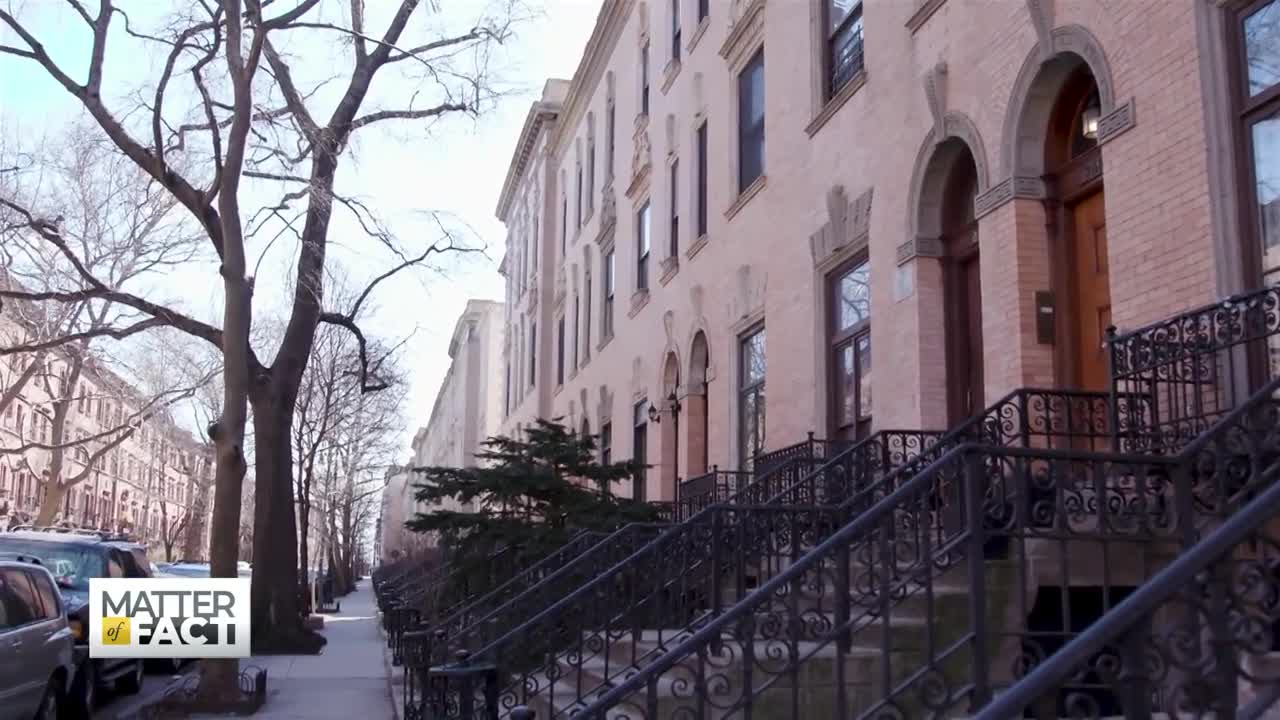
Before the pandemic, a Gallup poll found that 70% of Americans believed the American Dream was achievable. That means nearly a third of the country already felt that dream was out of reach. But everything changed when the pandemic hit. Now, the housing market is tighter than ever, and first-time buyers are facing unprecedented challenges.
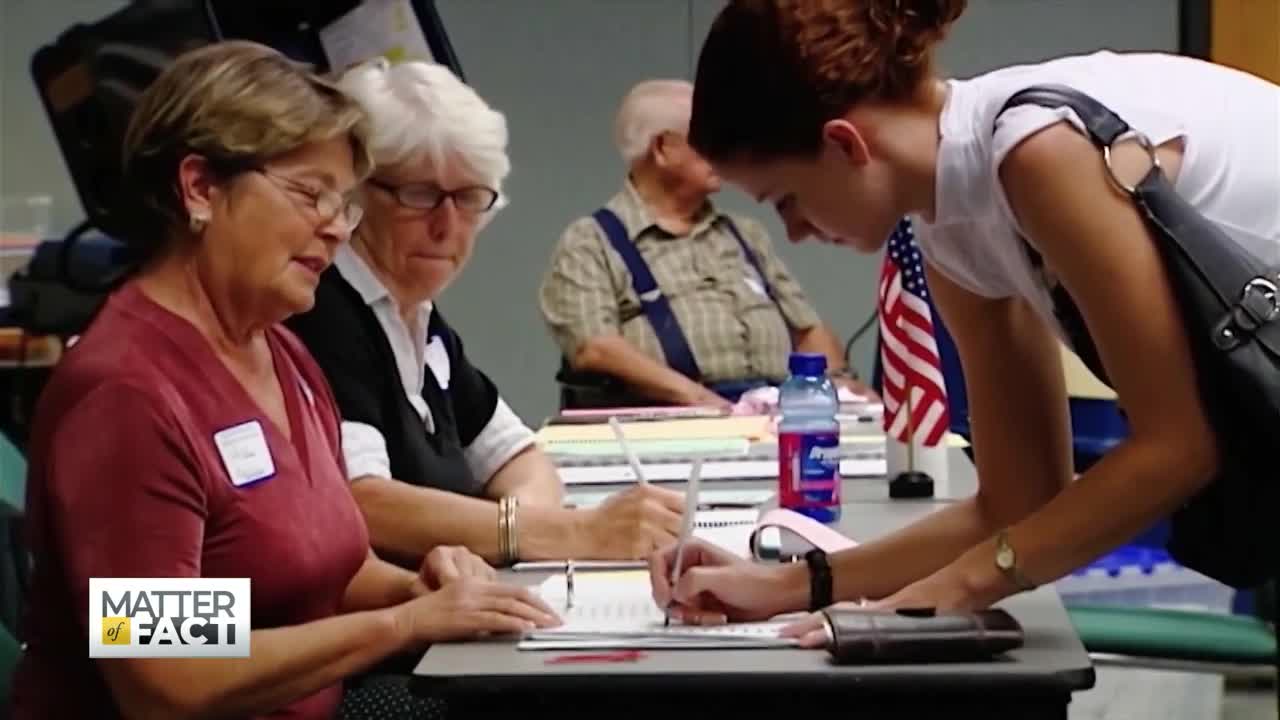
Republican lawmakers in at least 24 states are pushing legislation to pass more restrictive voting laws. That includes tightening absentee and mail-in ballots, creating stricter ID requirements and cutting back early voting. But according to a recent UMass/WCVB poll, most Americans – especially younger generations – are against making it harder to vote. Soledad O’Brien talks to Tatishe Nteta, who teaches political science at UMass-Amherst and is the director of the UMass Poll.
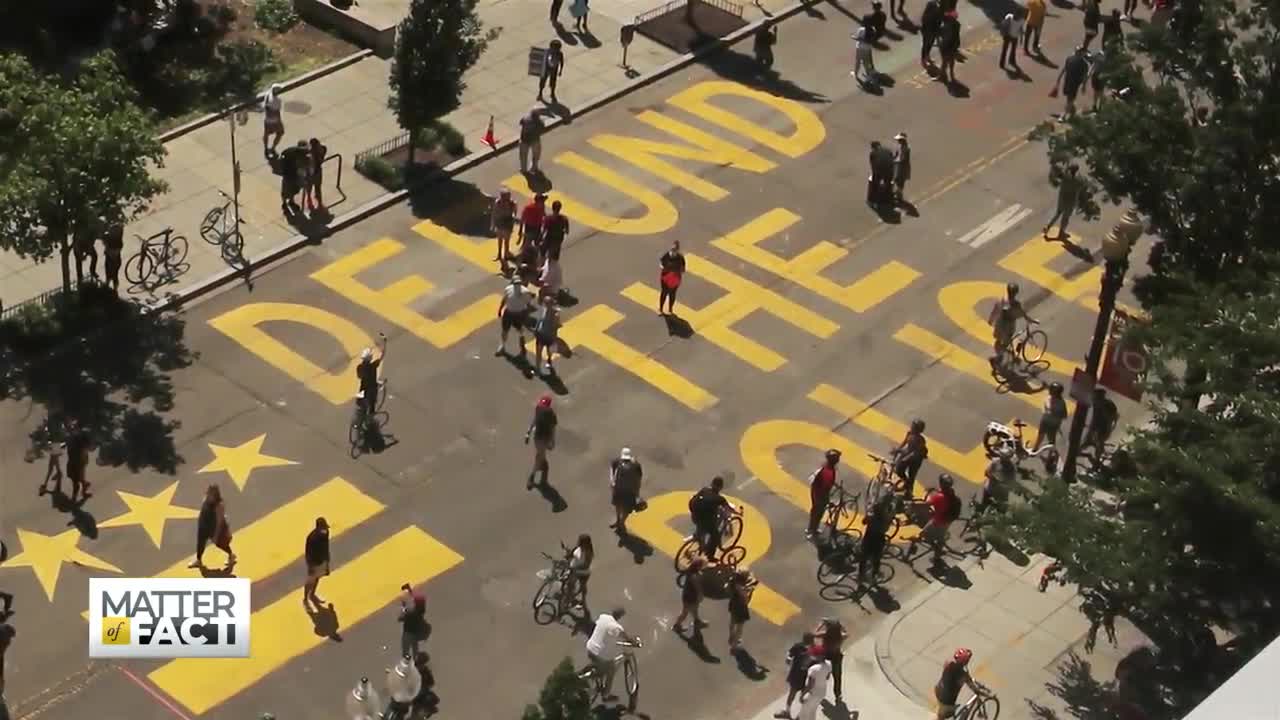
Police officers in Newark, New Jersey did not fire a single shot in all of 2020. Amid a series of unending officer-involved shootings, that may sound impossible. But following an investigation by the Department of Justice in 2014, the city’s police force took steps to fight widespread police brutality and racism among their ranks. Many of those efforts were modeled after Camden, New Jersey. That’s when the Mayor and the city council disbanded their police department and rebuilt a countywide force. Soledad spoke with Camden’s former police chief J. Scott Thomson about how they could be a blueprint for other cities.

This week, Soledad talks to Dr. Steven Kniffley. He leads the Collective Care Center at Spaulding University in Louisville, Kentucky, and specialized in treating race-based trauma. Plus, we talk to Shaka King, director and one of the writers of “Judas and the Black Messiah.” Why he says the specifics of this story matter to our political dialogue. Then, Soledad talks with Andrea James. She spent time behind bars and wants to right the racial injustice she saw in prison.